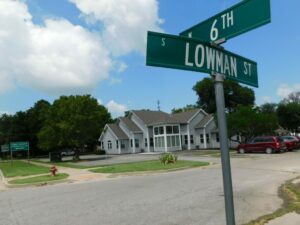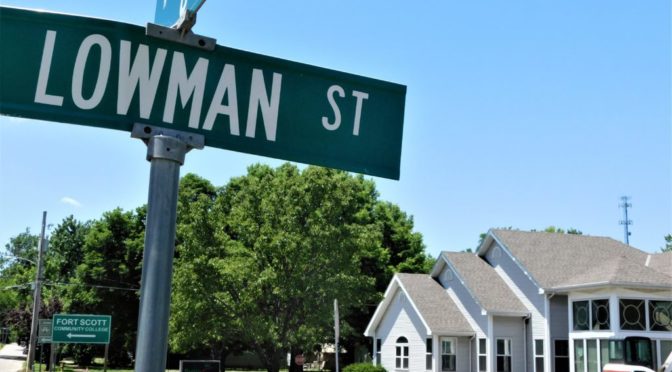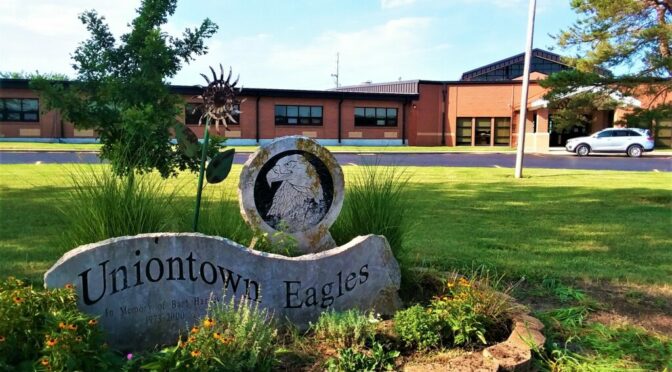
In Bourbon County, there were 2,307 cases of COVID-19 reported since the beginning of the pandemic in March 2020, and 72 hospitalizations, with the death data not reported for the county on the KDHE website https://www.coronavirus.kdheks.gov/160/COVID-19-in-Kansas .
Nationwide 658,754 Americans have died from COVID-19 as of Sept 15, 2021. “In at least 90 percent of the deaths, COVID-19 is listed as the underlying cause,” according to information from the U.S. Center For Disease Control https://www.cdc.gov/nchs/covid19/mortality-overview.htm “The remaining COVID-19 deaths, it was listed as the contributing cause of death.”
As of Sept. 22, 2021, in Kansas, there have been over 400,000 COVID-19 cases, 13,500 hospitalizations, and 5,919 deaths.
The vaccines to prevent the disease are readily available in the county.

“The following are the COVID-19 vaccines our health departments are able to administer at this time: Moderna for individuals 18 years and older,” said Southeast Kansas Multi-County Health Department Director Rebecca Johnson. “We are now carrying Pfizer, which is FDA approved for individuals 12 years and older. We are also are able to give an additional dose of Moderna or Pfizer to those individuals who are moderately to severely immunocompromised. We have a limited supply of the Johnson & Johnson COVID-19 vaccine for those individuals 18 years and older.”

“The other COVID-19 vaccine providers in Bourbon County are Walmart, Community Health Center of Southeast Kansas, and Walgreens,” said Johnson.
For the local health department, calling ahead is advised.
“Mondays are walk-in days and Tuesday-Thursday one would need an appointment,” Johnson said. “We are also starting to do flu clinics so will be out of the office some in the coming weeks. It would probably be best to call before someone comes in, to make sure there is someone here to administer the shot. Also, the COVID-19 vaccine may be given at the same time as a flu shot.”
Symptoms
Some of the symptoms of COVID-19 are fever, chills, headache, loss of taste and smell, and extreme fatigue; in the Delta variant, these symptoms are more severe.
“They seem to be similar to the original version of COVID-19 but people are getting sick more quickly,” Johnson said. “Studies have shown individuals with Delta variant will start showing symptoms by day 4.”
MIS-C Cases
Multi-system Inflammatory Symptoms in children are also associated with COVD-19, where the internal organs are inflamed. It is characterized by persistent fever and abdominal symptoms. Respiratory symptoms were not present in all cases of MIS-C.
Prevention measures
Wearing masks, hand washing frequently, staying home when sick, social distancing, and the vaccines are recommended to fight against the pandemic.
“I would recommend keeping your children home from school and daycare and getting tested if have started showing symptoms,” Johnson said. “We’ve run into several cases that just thought their child had allergies, to begin with.”




